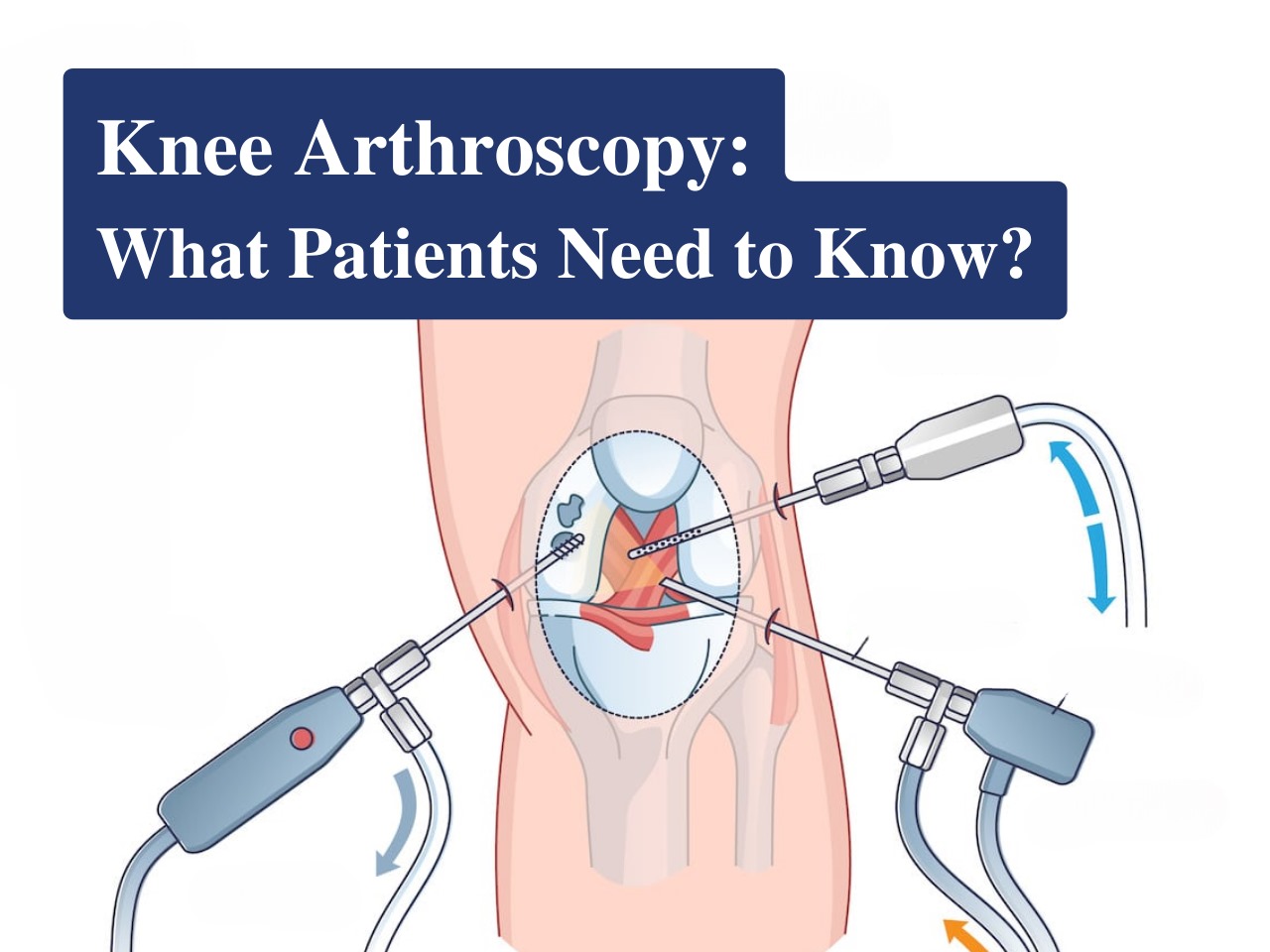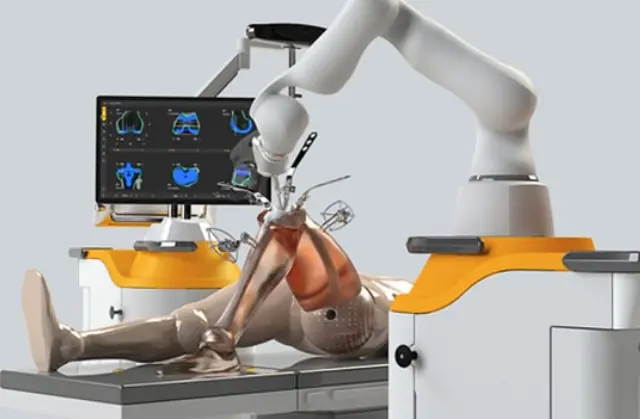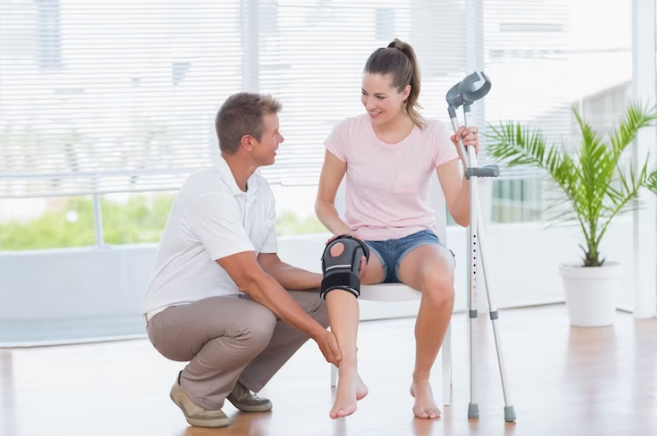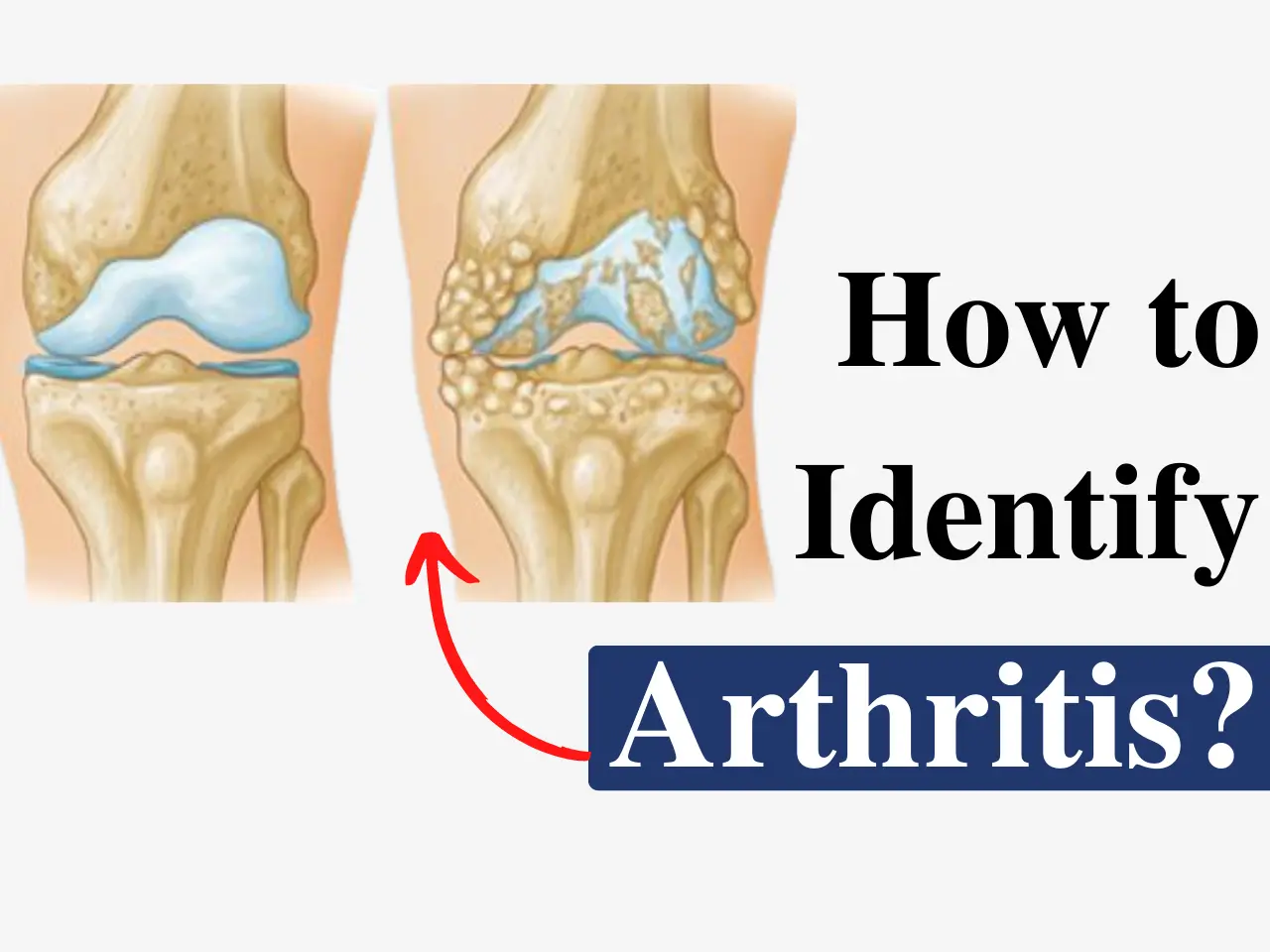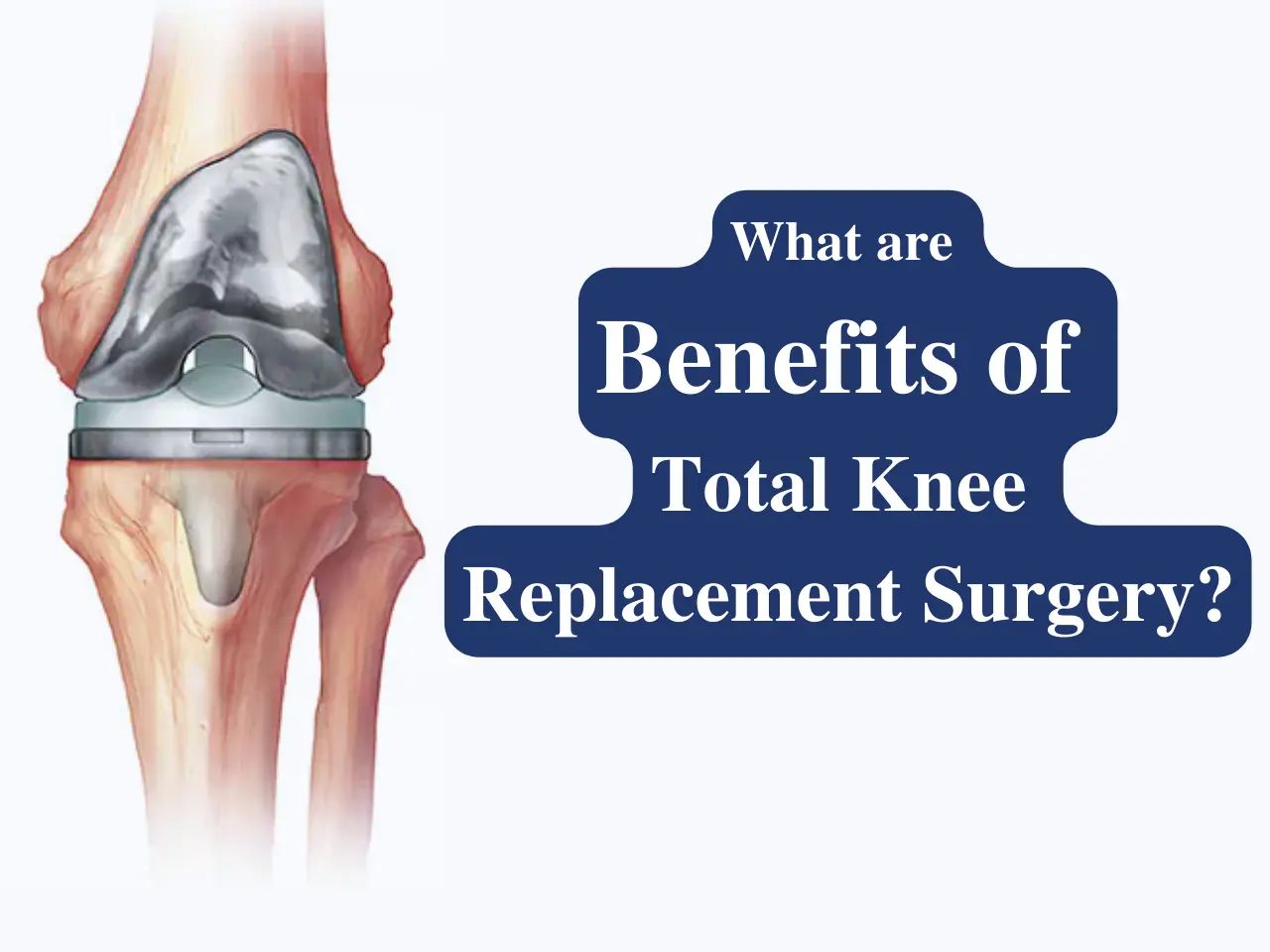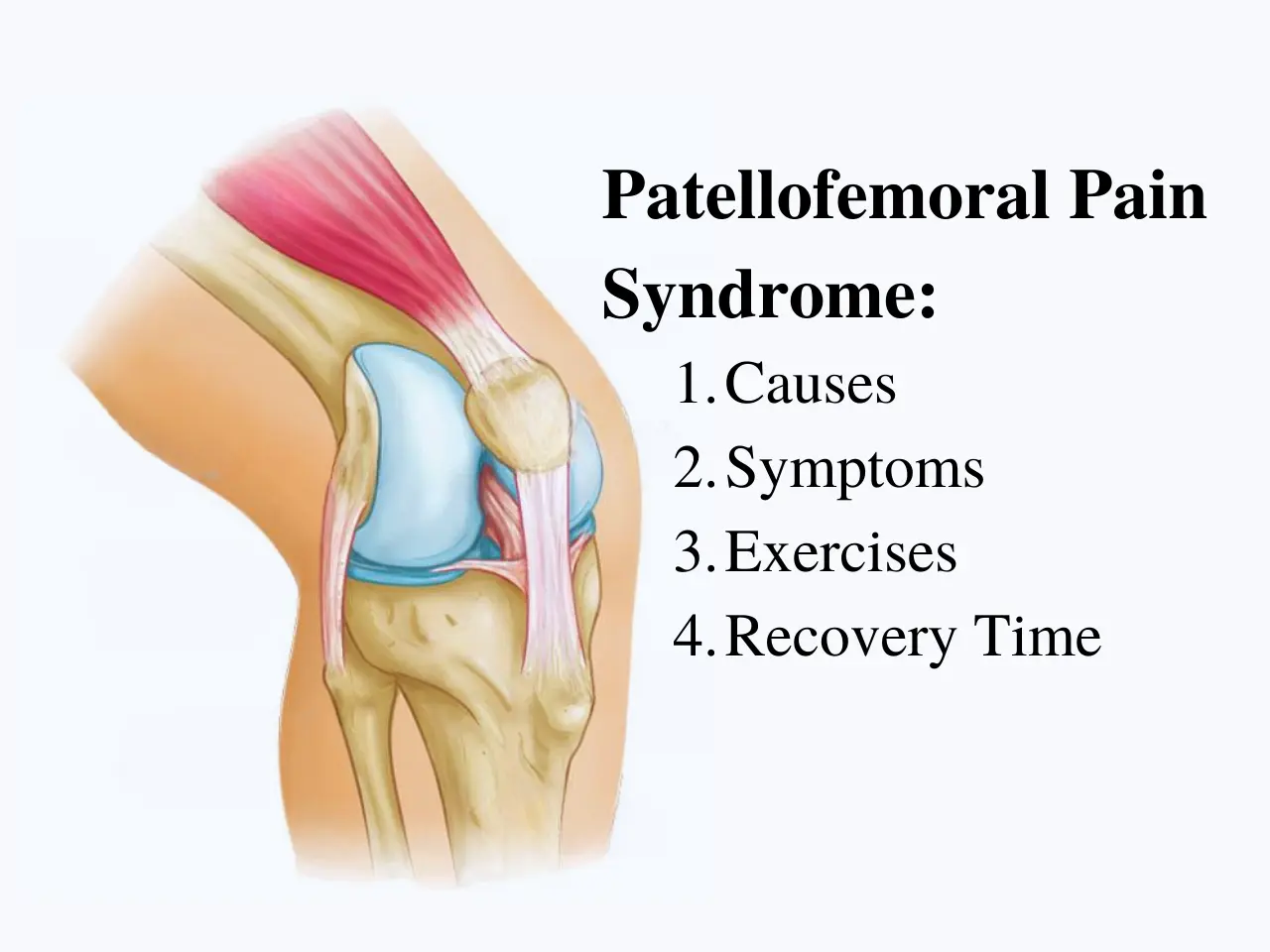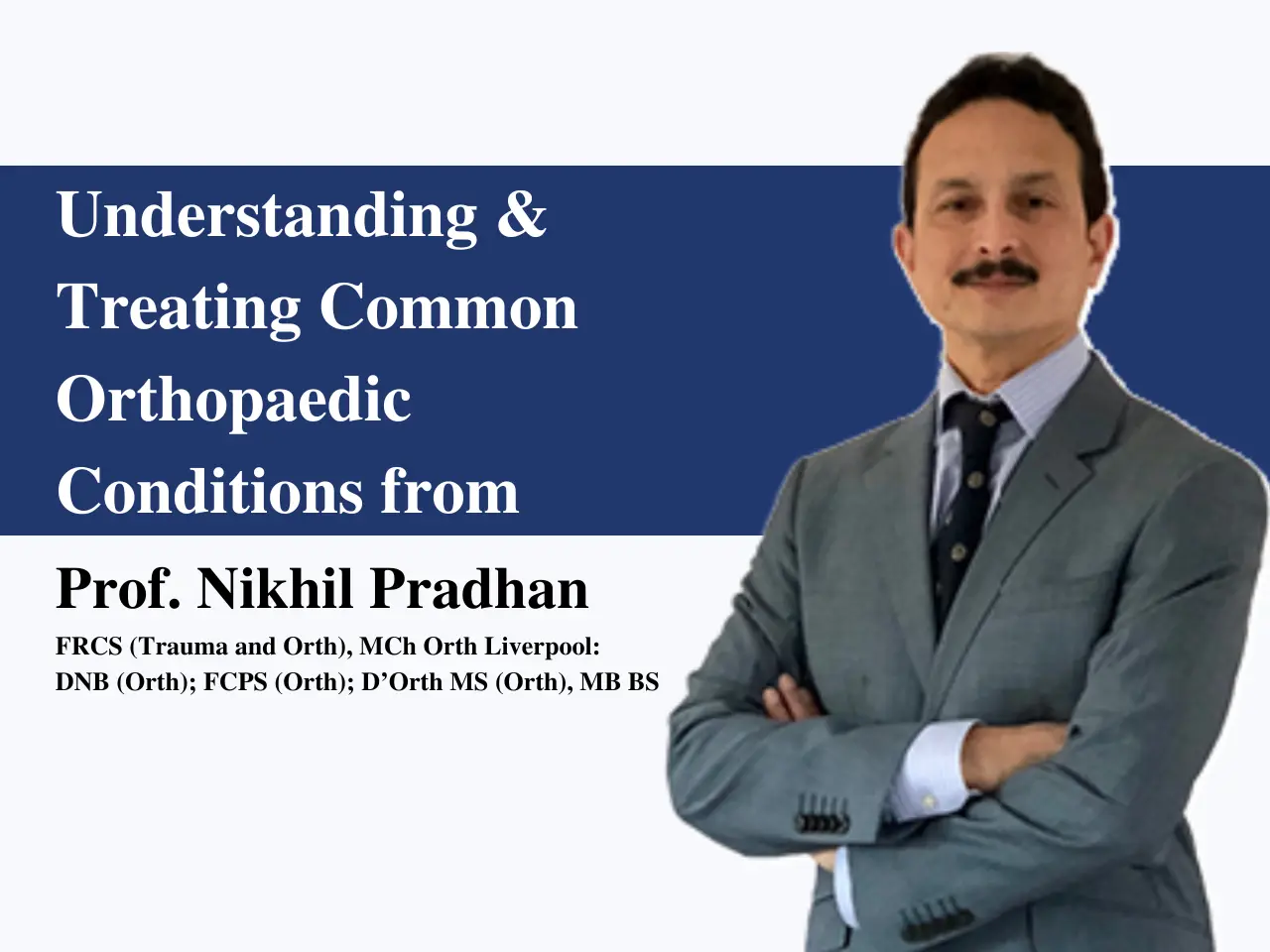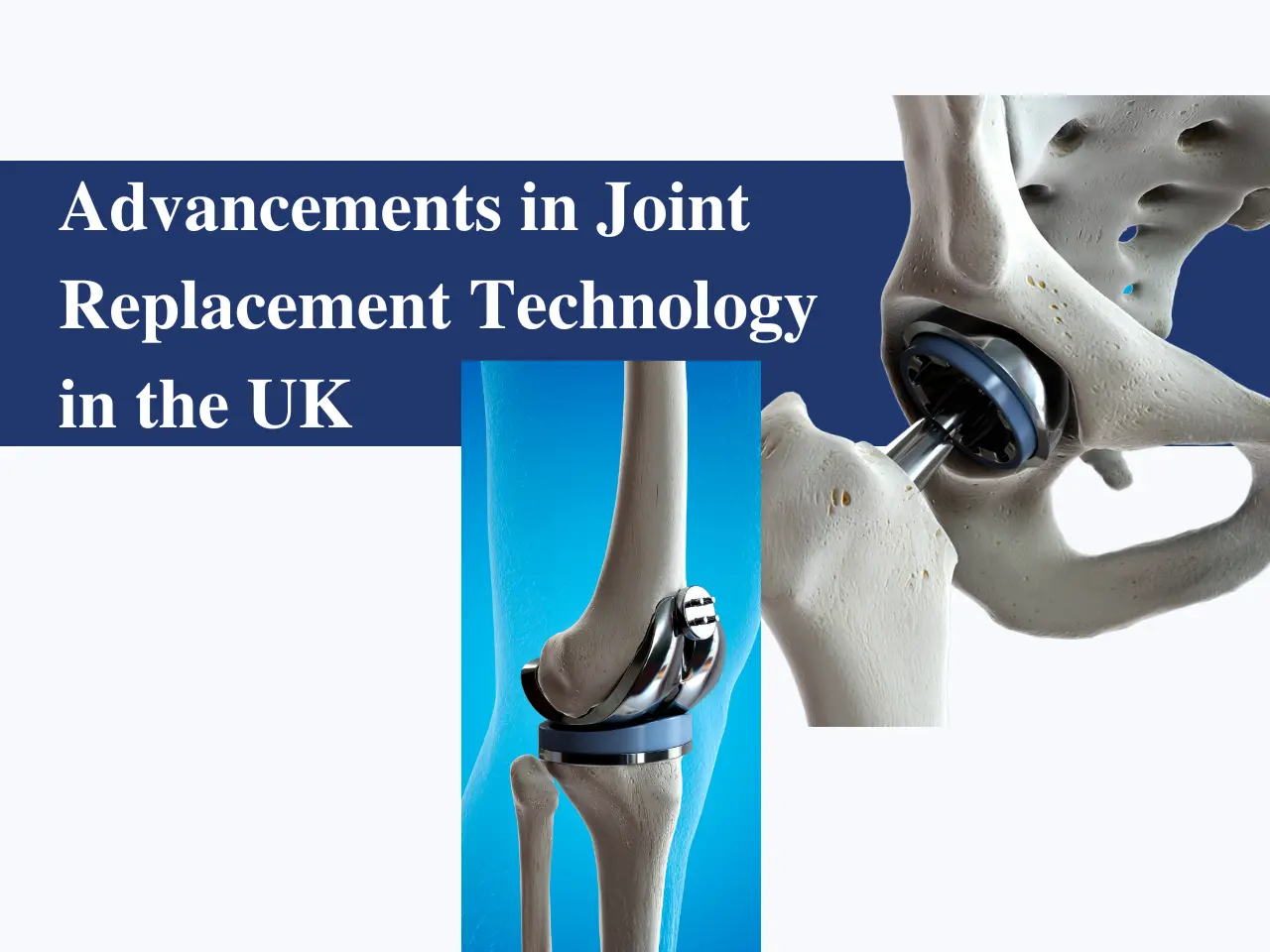Introduction
Knee arthroscopy is a minimally invasive surgical procedure that has revolutionized the treatment of various knee conditions. Whether you’re scheduled for knee arthroscopy or exploring it as an option, understanding how to prepare effectively can significantly enhance your recovery and overall experience.
This guide walks you through everything you need to know to prepare for knee arthroscopy, ensuring you’re ready every step of the way.
What is Knee Arthroscopy?
Knee arthroscopy is a surgical procedure that to examine the inside of your knee joint. Unlike traditional open knee surgery, which requires larger incisions, arthroscopy uses a small camera and surgical tools inserted through tiny cuts. This minimally invasive approach offers several benefits, including faster recovery times and less scarring.
Benefits of Knee Arthroscopy
There are several advantages to choosing knee arthroscopy over traditional open knee surgery.
Here are some of the key benefits:
Faster recovery time: Because of the smaller incisions, patients typically recover from knee arthroscopy much quicker than traditional surgery.
Less scarring: The small incisions used in arthroscopy result in minimal scarring, leading to a better cosmetic outcome.
Improved visualization: The arthroscope provides a magnified view of the knee joint, allowing Mr. Nikhil Pradhan to diagnose and treat problems with greater precision.
Versatility: Knee arthroscopy can be used for a variety of procedures, including:
- Meniscus repair
- Ligament reconstruction
- Removal of loose bodies in the knee
- Trimming inflamed tissue
How to Prepare for Knee Arthroscopy Surgery
Careful preparation is key to a smooth and successful knee arthroscopy experience.
Here’s what you can expect:
Pre-operative Consultation with Mr. Nikhil Pradhan:
During your consultation, Mr. Nikhil Pradhan will discuss your medical history, current symptoms, and the specific details of your planned knee arthroscopy. This is an excellent time to ask questions about the surgery, potential risks and benefits, and what to expect during recovery.
Pre-operative Tests:
Mr. Pradhan may recommend certain tests before surgery, such as blood tests, X-rays, or MRI scans. These tests help assess your overall health and provide a detailed picture of your knee joint.
You may also be advised to stop taking certain medications, such as blood thinners, before surgery. Always discuss any medication changes with Mr. Nikhil Pradhan beforehand.
Preparing at Home:
Once your surgery date is confirmed, there are steps you can take at home to ensure a smooth recovery:
* Fasting: Mr. Pradhan will provide specific instructions regarding food and drink restrictions before surgery. Following these instructions carefully is important.
* Logistics: Arrange for transportation to and from surgery, as you will not be able to drive yourself after the procedure.
* Home Recovery: Prepare your home for post-surgical recovery. This may include installing grab bars in your bathroom, having ice packs on hand, and stocking up on comfortable clothing.
* Exercises: In some cases, Mr. Nikhil Pradhan may recommend gentle exercises to strengthen the muscles around your knee before surgery. These exercises, often called pre-habilitation, can improve your recovery outcomes. Consult a physiotherapist for guidance on these exercises.
The Day of the Surgery
Arrival at the Hospital
- Essentials: Bring any required documents, insurance information, and personal items.
- Check-In Process: Arrive early to complete paperwork and meet with the surgical team.
The Surgical Procedure
Overview: Anesthesia will be administered, and small incisions will be made for the arthroscope and surgical tools.
Anesthesia: Understand the type of anesthesia used and its effects on your body during and after the surgery.
Post-Surgery Recovery
- Immediate Care: After surgery, you’ll be monitored in the recovery room for a brief period.
- Initial Recovery: Follow your surgeon’s instructions regarding pain management, wound care, and early mobilization.
Knee Arthroscopy Recovery Time
Short-Term Recovery
- Pain Management: Medications will be prescribed to manage pain and discomfort.
- Care for the Surgical Site: Keep the incisions clean and dry as they heal.
- Physical Therapy: Begin gentle exercises to restore knee strength and range of motion.
Long-Term Recovery
- Gradual Return to Activities: Gradually resume daily activities and work with a physical therapist for rehabilitation.
- Monitoring Progress: Attend follow-up appointments with your knee arthroscopy surgeon in Cheshire to track recovery milestones.
Pros and Cons of Arthroscopic Knee Surgery
Pros
- Minimally Invasive: Reduced risk of complications and faster recovery.
- Quick Recovery: Return to normal activities sooner than with traditional surgery.
- Diagnostic Precision: Accurate diagnosis and targeted treatment of knee conditions.
Cons
- Potential Risks: Infection, blood clots, or nerve damage, although rare, are possible, but lower chances of such.
- Limitations: Not suitable for all knee conditions, and some cases may require open surgery.
Knee Arthroscopy NHS Waiting Time
Understanding NHS Waiting Times
- Factors Influencing Waiting Times: Severity of your condition, availability of surgeons, and hospital resources.
- Navigating the NHS System: Work with your GP to understand waiting list times and explore options to expedite your surgery.
Tips for Reducing Waiting Time
- Private Consultations: Consider private consultations and surgeries for faster access to treatment.
- Alternative Treatments: Explore non-surgical options or treatments that may alleviate symptoms while waiting for surgery.
Finding the Right Knee Arthroscopy Surgeon in Cheshire
Qualifications and Experience
- Credentials: Look for a surgeon who is board-certified and specializes in knee arthroscopy.
- Experience: Ask about their experience with similar cases and success rates.
Reviews and Recommendations
- Research: Read patient reviews and seek recommendations from trusted sources such as friends, family, or your GP.
- Consultation: Schedule a consultation to discuss your case and evaluate the surgeon’s approach to treatment.
Knee Arthroscopy Surgeon in Cheshire
Mr. Nikhil Pradhan is a leading knee surgeon who offers consultations and performs knee arthroscopy surgery in Cheshire. If you’re interested in learning more about knee arthroscopy or scheduling a consultation with Mr. Pradhan, contact his practice at his Cheshire clinic.
Conclusion
Preparing for knee arthroscopy involves thorough planning and understanding of the procedure and recovery process. By following these guidelines and working closely with your knee arthroscopy surgeon in Cheshire, you can ensure a smoother experience and better outcomes.
Remember, each step—from preparation to recovery—plays a crucial role in your journey towards restored knee health.
If you’re considering knee arthroscopy or have been advised to undergo the procedure, contact Mr. Nikhil Pradhan for expert consultation and personalized care. Take the next step towards a pain-free and active lifestyle with comprehensive knee arthroscopy treatment in Cheshire.

